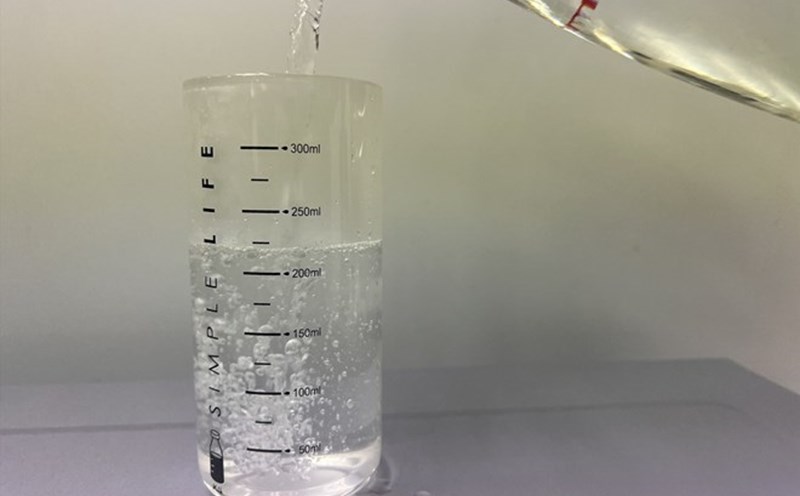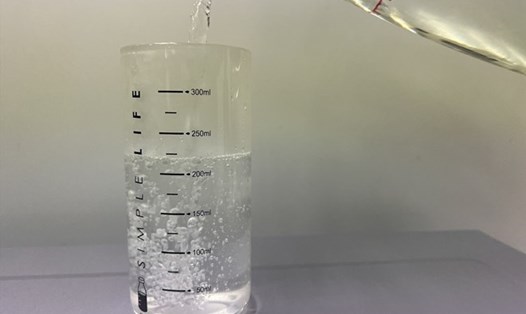Dr. Neeti Sharma - nutritionist at Marengo Asia Hospital, Gurugram (India) - said that there are many misconceptions about absorbing protein from plants that we often have, including:
1. Unable to get enough protein from plant-based foods
Fact: The daily protein requirement for most people is 0.8 grams of protein per kilogram of body weight.
There are many plant foods that are rich sources of protein such as tofu, lentils, beans, nuts, seeds, whole grains, oats, peanuts, peanut butter. Even if you need more protein to meet your body's needs, you can still increase your protein intake by eating more of these foods.
2. Plant-based foods are not complete proteins
Fact: Your body has a mechanism to combine plant nutrients to form complete proteins. Most plant protein sources will provide limited amounts of essential amino acids. If you eat a variety of foods at each meal, you will get all the amino acids.
3. A plant-based diet will cause muscle loss.
Fact: Consuming a plant-based diet rich in protein can build muscle mass just as well as animal-based foods. It's important to remember that muscle growth is also stimulated by strength training.
4. You will feel hungry when consuming a plant-based diet
Fact: Plant foods are low in calories, but fruits, vegetables, whole grains, and legumes are high in fiber, which helps keep you full longer. A plant-based diet helps satisfy hunger with benefits for gut health and blood sugar control.
5. A plant-based diet will lack nutrients
Fact: Many plant foods provide essential vitamins and minerals. We can supplement plant foods such as milk and grains to meet our energy needs.
6. Any plant-based diet is healthy.
Fact: French fries, potato chips, onion rings, and cereal… - they're all plant-based, but they're not nutritious.











